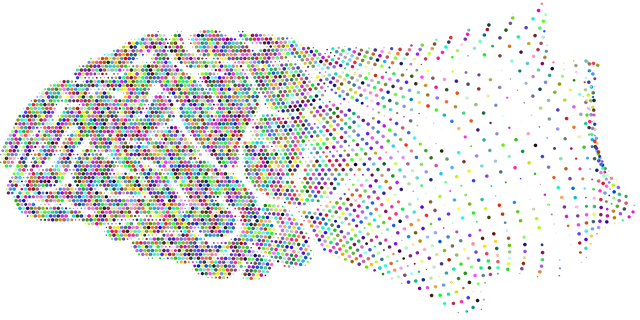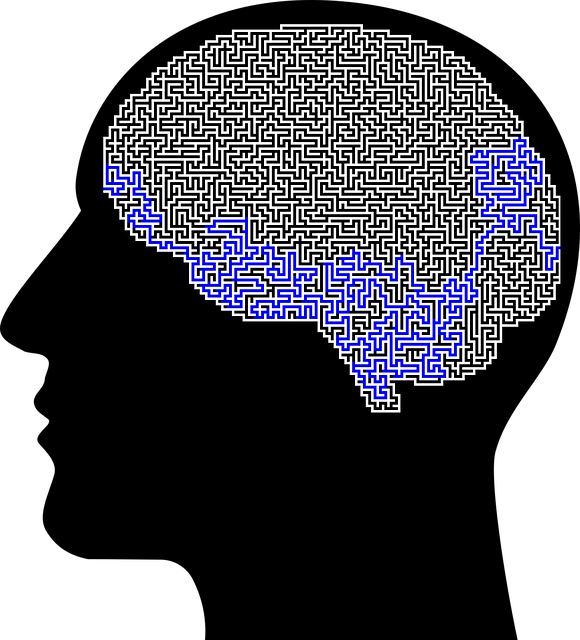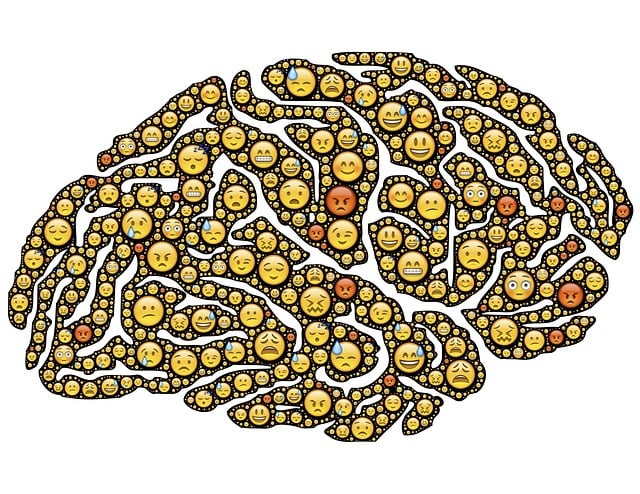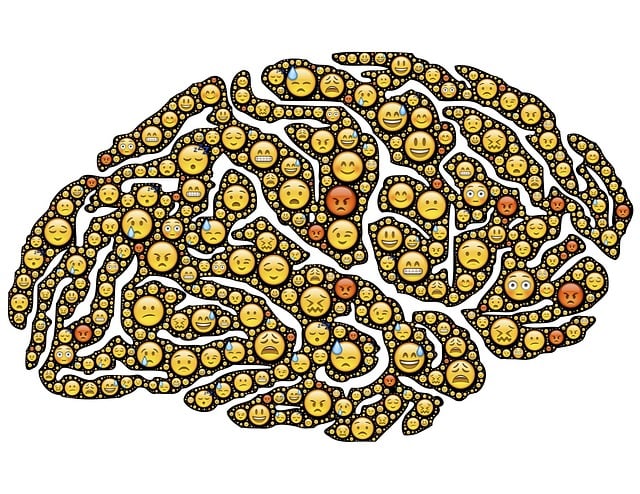Trauma, whether acute or chronic, significantly impacts mental health, increasing the risk of disorders like anxiety, depression, and eating disorders. Superior Eating Disorders Therapy (SEDT) offers a unique approach by combining evidence-based practices with compassion cultivation techniques to address complex psychological issues. Creating a trauma-informed care environment is crucial for SEDT's effectiveness, involving professional training, validating past experiences, and integrating mindfulness meditation. Accessing tailored programs like SEDT and community workshops equips individuals with safe spaces and tools to process trauma and develop healthy coping mechanisms, promoting resilience and better mental wellness.
Trauma, an invisible yet profound force, significantly shapes mental health. This article explores trauma support services provision, delving into its various facets. We begin by understanding trauma’s impact on mental well-being and how Superior Eating Disorders Therapy plays a pivotal role in trauma support. Further sections navigate creating safe spaces, accessing services, and the importance of a trauma-informed care approach. By exploring these aspects, we aim to enhance awareness and accessibility to these crucial services.
- Understanding Trauma and Its Impact on Mental Health
- The Role of Superior Eating Disorders Therapy in Trauma Support
- Creating an Effective Trauma-Informed Care Environment
- Accessing and Navigating Trauma Support Services
Understanding Trauma and Its Impact on Mental Health

Trauma is a profound and complex experience that can significantly shape an individual’s mental health trajectory. It refers to an event or series of events that overwhelm a person’s ability to cope, often leading to long-lasting psychological effects. The impact of trauma extends beyond the initial incident, affecting various aspects of daily life, including emotional regulation, interpersonal relationships, and overall well-being. When left unaddressed, trauma can contribute to the development or exacerbation of mental health disorders such as anxiety, depression, and eating disorders, as demonstrated by Superior Eating Disorders Therapy studies.
Understanding the nature of trauma is essential in developing effective support systems. It involves recognizing the various forms it can take, from acute events like accidents or violence to chronic stressors like poverty or institutional abuse. By fostering a supportive environment that encourages open dialogue, individuals can begin to process their experiences and work towards healing. This process often involves self-esteem improvement, stress management techniques, and challenging the societal stigma surrounding mental illness, as part of broader reduction efforts.
The Role of Superior Eating Disorders Therapy in Trauma Support

Superior Eating Disorders Therapy (SEDT) plays a pivotal role in trauma support by integrating evidence-based practices with compassion cultivation techniques. This dual approach is essential for addressing complex psychological issues that often accompany traumatic experiences, such as eating disorders and related behaviors. SEDT helps individuals develop self-compassion, which can significantly enhance their ability to process and heal from past traumas.
Through various therapeutic interventions, including Cognitive Behavioral Therapy (CBT) and Mindfulness-Based practices, SEDT fosters mental wellness by teaching clients effective coping mechanisms and strategies for managing distressing emotions. In addition, incorporating Compassion Cultivation Practices into trauma support enhances the overall effectiveness of treatment, enabling individuals to navigate their healing journey with greater resilience and self-acceptance. This holistic approach aligns well with the themes explored in the Mental Wellness Podcast Series Production, highlighting the importance of comprehensive support systems in promoting long-term recovery.
Creating an Effective Trauma-Informed Care Environment

Creating an Effective Trauma-Informed Care Environment involves cultivating a safe, supportive space that respects and validates individuals’ past experiences. This begins with ensuring mental health professionals are adequately trained in trauma-informed care practices, including risk assessment and understanding the unique emotional healing processes of those affected by traumatic events. A superior eating disorders therapy program should incorporate these principles to provide holistic support.
By integrating mindfulness meditation techniques into treatment protocols, therapists can help clients develop coping mechanisms that promote resilience and self-regulation. This approach not only enhances the effectiveness of therapy but also fosters an environment where individuals feel empowered and supported in their journey towards healing. It’s crucial for care providers to stay vigilant, continually updating their knowledge and skills through ongoing training, especially considering the complex nature of trauma and its potential manifestations.
Accessing and Navigating Trauma Support Services

Accessing trauma support services can be a challenging yet crucial step towards healing for individuals who have experienced traumatic events. Many people struggling with trauma-related issues may feel overwhelmed and unsure where to turn, but there are dedicated resources available to provide assistance. One effective approach is seeking out specialized therapy, such as Superior Eating Disorders Therapy, which offers tailored support for those dealing with eating disorders stemming from past traumas. This type of therapy creates a safe space for individuals to process their experiences and develop healthy coping mechanisms.
Additionally, organizations often conduct Stress Management Workshops, providing valuable tools for managing trauma-related symptoms. These workshops teach practical strategies to cope with anxiety, depression prevention techniques, and stress management skills. By combining professional therapy and community support, individuals can navigate the complex landscape of trauma recovery with increased resilience and a better understanding of their resources.
Trauma support services play a pivotal role in healing mental health issues, with superior eating disorders therapy emerging as a key component. By adopting trauma-informed care practices and improving access to these services, we can create supportive environments that foster recovery. Understanding the impact of trauma and navigating service provisions effectively is essential in helping individuals overcome challenges and lead fulfilling lives.














